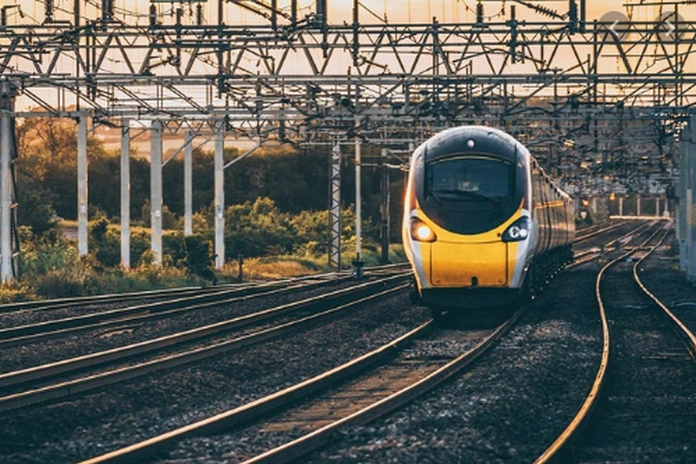
The government has launched a new “Acceleration Unit” to speed up the delivery of transport projects, which will be advised by Mace chief executive Mark Reynolds.
Campaign for Better Transport chief executive and consumer champion Darren Shirley is to lead the new team of non-government specialists to drive forward progress on key projects.
The unit will be in place next month and will be directly accountable to transport secretary Grant Shapps.
The Acceleration Unit will also engage experts with experience in delivering infrastructure projects including Reynolds, after Mace oversaw the construction of the Nightingale hospital in east London in nine days. He will be joined by Highways England’s director of complex infrastructure projects, Chris Taylor, who oversaw the construction of the £1.5bn A14 scheme eight months ahead of schedule.
Alongside the Acceleration Unit, the Shapps announced £343m of investment in Wales’ railways. This includes kickstarting design work on plans to upgrade Cardiff Central station and funding to develop plans for upgraded cutting-edge digital signalling on the 241-kilometre Cambrian line from Shrewsbury Sutton Bridge Junction to Aberystwyth and Pwllheli, and proposals to speed up journeys between Cardiff and Swansea, Chester and Llandudno Junction, and the Severn Tunnel and Cardiff.
Among other road and rail investments officially announced by Shapps were:
- £1.1m investment for Network Rail to develop short-term plans to relieve overcrowding at London Liverpool Street station
- Funding to complete the £6.4m scheme to build a new second footbridge serving all four platforms at St Albans City station, with work due to start early 2021 and be complete by January 2022
- £4m to develop the design phase for gauge enhancement and track improvements for freight trains on Great Western, Midland Main Lines and at Darlington to allow longer intermodal freight trains to operate from Teesport to Yorkshire, with the Darlington scheme delivered by October 2020
- £9.74m for signalling and infrastructure enhancements delivered on the Wessex route at Twickenham, Bracknell and Virginia Water as part of the Feltham and Wokingham Signalling Renewal Programme.
Shapps said: “As Britain begins to get moving once again after 4 months of lockdown, no-one should underestimate the scale of the challenge ahead.
“We want to accelerate Britain’s recovery by investing in vital infrastructure that will help get businesses back on their feet, create jobs to replace those that have been lost and level up our country.
“The creation of our new Acceleration Unit and investment in our roads and railways will ensure we build back better, greener and faster in the future.”
Comments
Comments are closed.


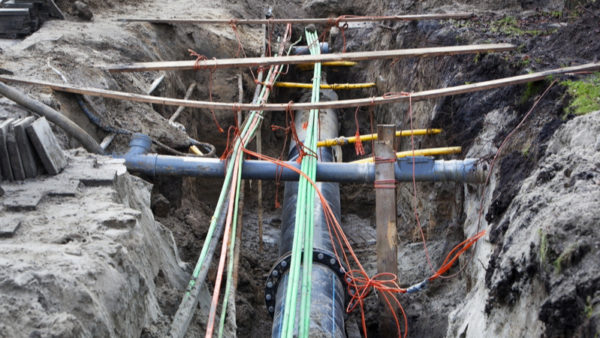

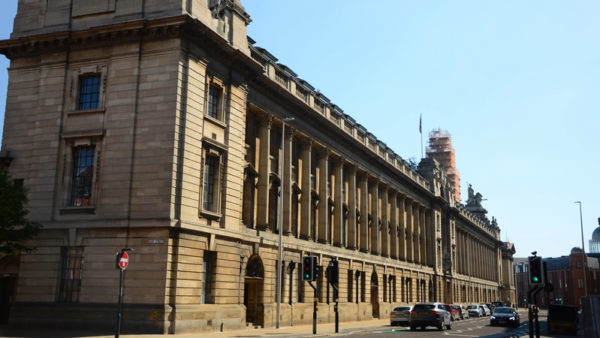
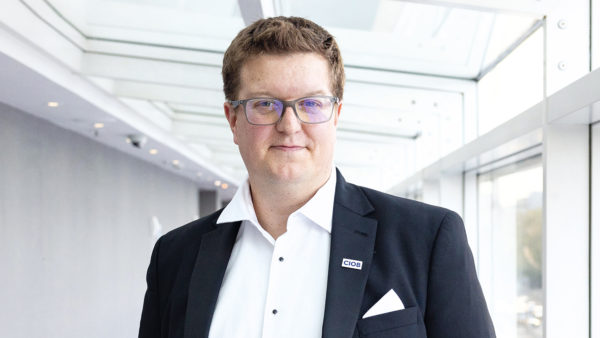
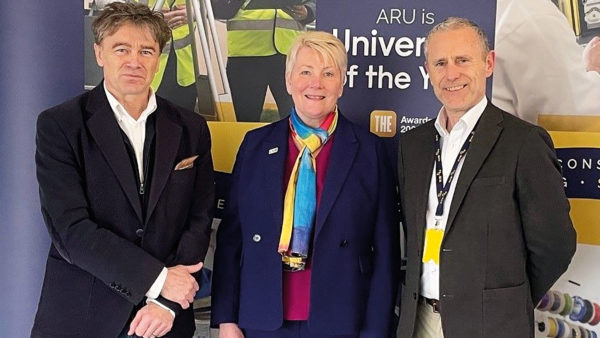



It is interesting to see what figures are quoted… and what are not. The A14 scheme at close-on £100m per mile, designed specifically to maintain the status quo of works to encourage the rise in carbon emissions, appears to be hailed as a success. The ‘new’ signalling system for the Cambrian Line however, has no price tag, and not even a barely believable claim to reduce emissions.
That probably sums up the UK’s position on transport carbon emissions; we havnae a clue what we are doing.
The A14 scheme follows on closely from the scheme at the west end of the road,where it meets the M1/M6, and is clearly part of the incremental approach – deal with pinch points as they arise – and keep a low profile to avoid protests.
The Cambrian signalling gets similar treatment, not least because this is the third major spend on signals there in forty years. All have de facto been without price tags, and the rumour is that the spend in every case has exceeded both the total residual asset value of the railway, and the fare revenue, over that period. Radio Electronic Tokenless Block lasted twenty five years, ERTC less than a decade. Now we are going to get ‘digital’ signals, whatever that means. Probably not a lot.
However, I do occasionally use both the A14 and the Cambrian, and I expect to pay for both, even if I don’t agree with either. But the Cambrian appears to have ceased to even bother with fare collection; No ticket on-train and no office at Aberystwyth to visit to pay.
Nice to see we are charging forward into a brave new world, where spend on transport infrastructure has absolutely no philosophy behind it, let alone any acknowledgement of the changed realities of our time.
Greener?
Just another hackneyed phrase hurrying into oblivion to meet up with ‘clean coal’, ‘carbon capture and storage’, emissions regulations that are not, and electric vehicles with resource/emission footprints the size of, er, non-electric vehicles.